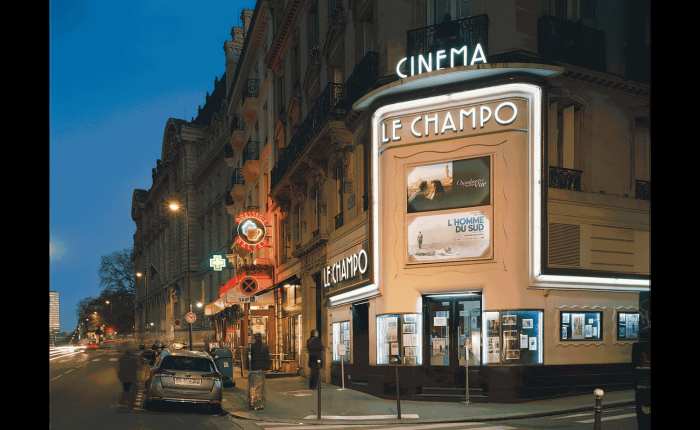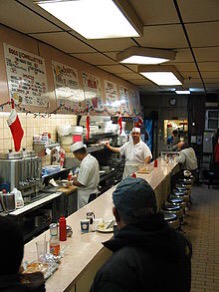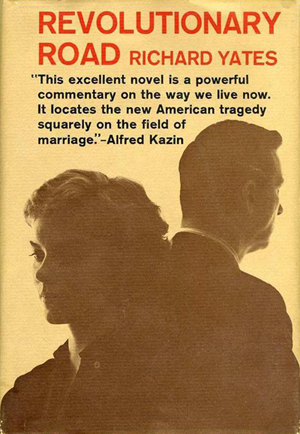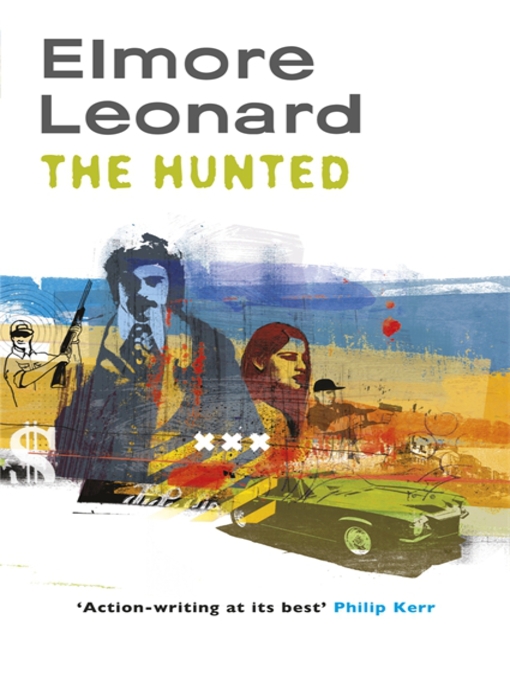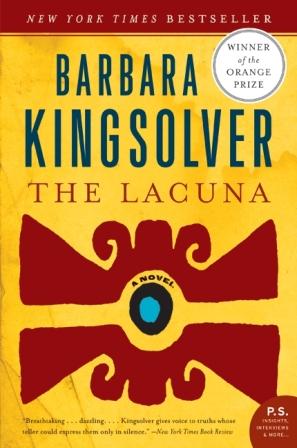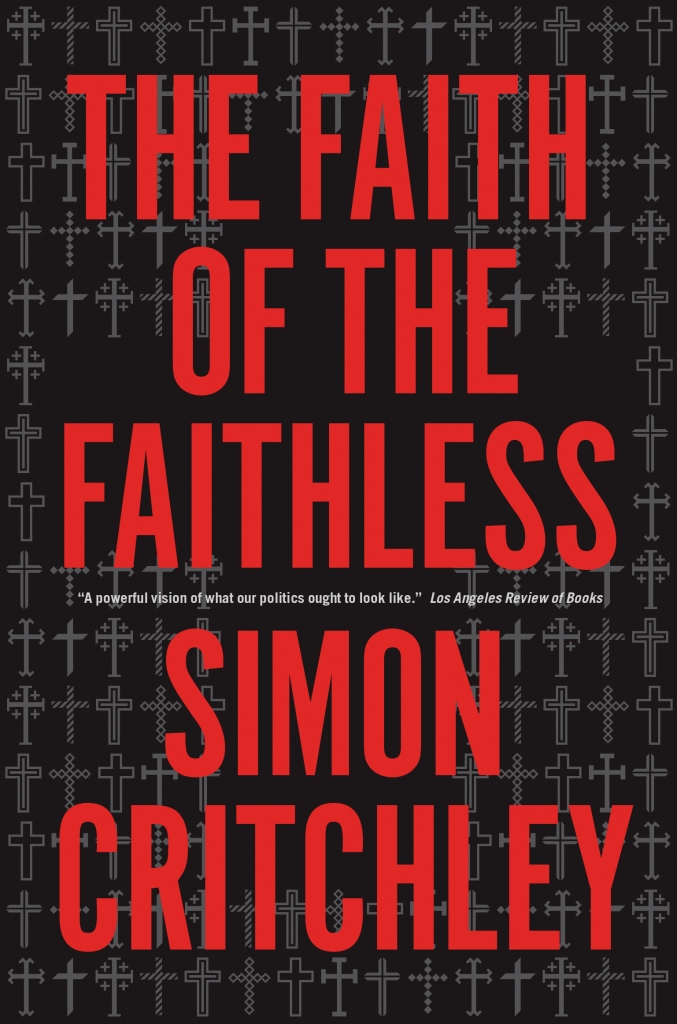
Read July 2014
This is a fascinating book, though in my view it is perhaps overly complicated.
The fascination comes from Critchley’s excellent close readings of a variety of thinkers: Rousseau, Badiou, Zizek, Benjamin, St Paul. I learnt a lot from his readings of each, they were full of insight and he was able to bring alive some of their ideas in compelling and often counter-intuitive ways. His section on his argument with Zizek – which he points out is essentially the ongoing argument between Leninism-Marxism and anarchism – is interesting, and he offers a revealing picture of Zizek’s politics.
The complication comes because Critchley seems to find it difficult to sum up his own arguments. This might be because what he is arguing isn’t just one straightforward thesis, as he says early in the book, or because the full depth of his thought is necessarily complex and can’t be captured in a sentence or two.
Both those points are true. Nevertheless, on my reading there does seem to be a theory that he is advocating which he could have set out more clearly at some point (if only to show me that I’ve not completely misinterpreted him!):
First, because people aren’t ‘rational’ economic actors who contracted to the social order (as for liberals Locke, Rawls etc) people need a civil religion to bind them together – something that people have faith in that is based not in a different world (heaven or wherever) but in the here and now. Strangely perhaps, he refers to US constitutionalism – celebrating the flag, singing the national anthem etc as an example of this.
Second, though, the civil religion shouldn’t come from existing ideas and discourses. People need to clear their minds, to see beyond current hegemonic discourses as far as is possible. The belief that ought to animate people is a demand for something better – what he calls an infinite demand, a demand that is unattainable yet something that the people believe in, even though they don’t know what the outcome will be.
Third, politics occurs when different groups of people, with different interests, look beyond their individual or group interests and form an association based on an infinite demand, through which they challenge the state or capital. It might be in the interstices of power, it might be outright resistance – Occupy, worker co-ops, the Zapatista’s fight for autonomy are all examples of politics.
Fourth, place is important: an association, a civil religion and the infinite demand requires a locality to bind it together, to give it content. In line with much anarchist thought, Critchley says politics needs to be kept local to work: it might be in a workplace (a co-op experiment), in a city (the Occupy movement) or in a region (Zapatista resitance in Chiapas).
It is useful, too, to think about this in terms of the similarities and difference between Critchley’s and Badiou’s politics: for both, what’s required is the people to express fidelity to, or absolute faith in, an impossible demand, the outcome of which cannot be known; but whereas for Badiou this ‘event’ is rare and universal (the Paris Commune), for Critchley it can occur more regularly, when people form an association and find local spaces to resist the power of the state and capital in the name of an infinite demand.
